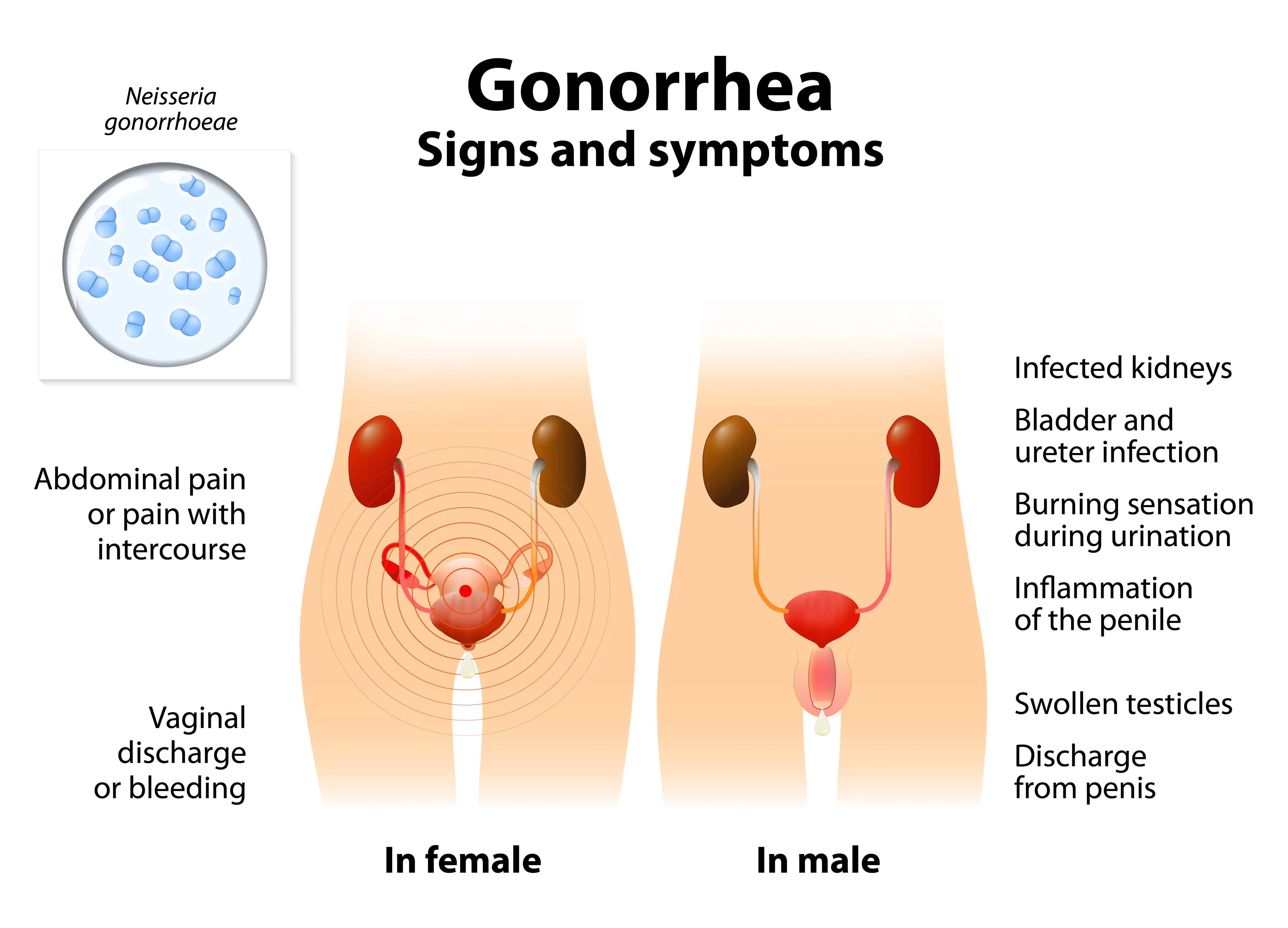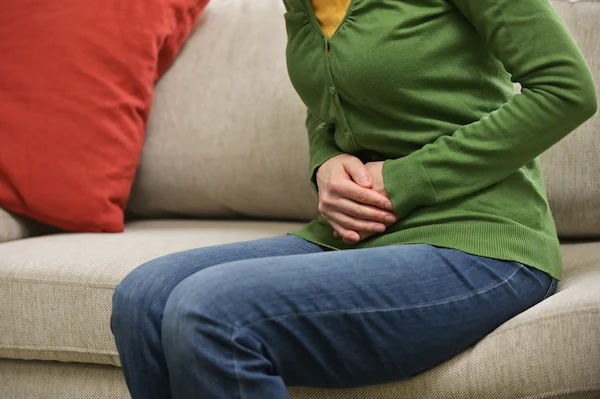- female
- 30 Years
- 20/02/2025
I'm feeling really nervous and am physically weak lately, along with dizziness, shortness of breath, and I've noticed I need to urinate a lot more, though there's no leakage or infection. I'm also experiencing pain in my lower pelvic area and back. I used to masturbate by rubbing my clitoris until about 7 years ago. Could that be related to what I'm feeling now? How can I address all these issues? Would really appreciate some advice.
More Obstetrics & Gynaecology Health Queries
View allI'm a bit worried and hoping you can help. On the 5th day of my period, is there a chance I could get pregnant? My menstrual cycle usually lasts around 28 to 30 days. Also, is it okay to have sex while I'm on my period?
It is unlikely to get pregnant on the 5th day of your period, especially if your menstrual cycle lasts for 28-30 days. However, it is not impossible as sperm can survive in the body for up to 5 days. To be safe, you may consider using contraceptive methods if you are not planning for pregnancy. It is generally safe to have sex during periods, but the risk of pregnancy is still present. It is recommended to use protection to prevent unwanted pregnancies and reduce the risk of sexually transmitted infections.
Answered by 1 Apollo Doctors
what are the possible side effects of hymen reconstruction surgery and what's the average cost for it
bleeding.infection,pain are some of the side-effects during surgery.
Answered by 1 Apollo Doctors
my hymen got damaged due to some issues and i'm considering hymen reconstruction surgery but i'm really concerned about keeping this confidential how can i get it done privately
surgery is option only.
Answered by 1 Apollo Doctors
Disclaimer: Answers on Apollo 247 are not intended to replace your doctor advice. Always seek help of a professional doctor in case of an medical emergency or ailment.



_0.webp)

.webp)